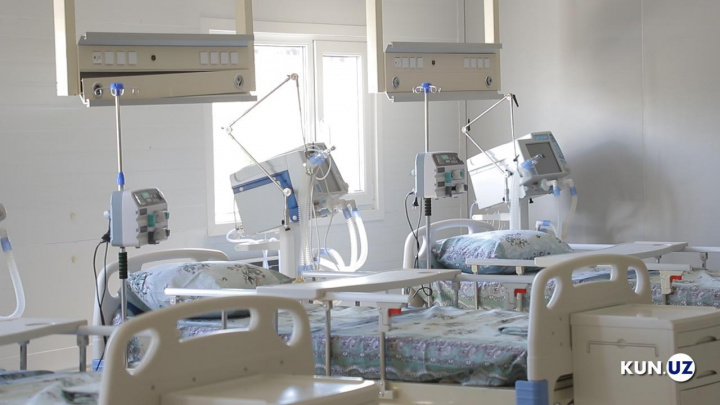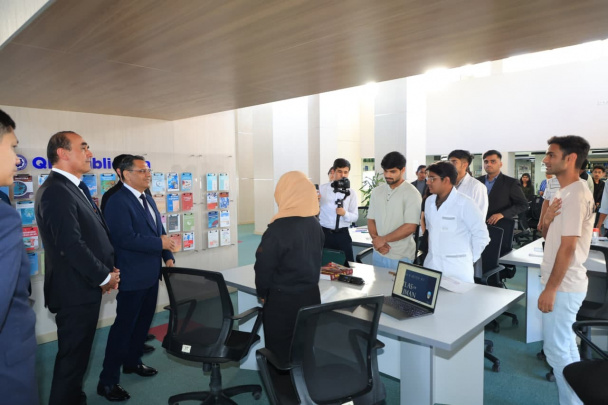Mental health in your 20s: Guidance from healing coach Malika Hashimova
The 20s are a unique and challenging time as young adults transition from adolescence to adulthood. This decade often brings increased responsibilities, requiring individuals to make important decisions regarding their careers, relationships, and overall life direction.
These pressures can often lead to what is commonly known as a "quarter-life crisis," characterized by feelings of uncertainty, stress, and self-doubt.

A 2023 report from Harvard’s Making Caring Common project revealed that mental health challenges are twice as prevalent among young adults compared to teenagers. The study identifies several key psychological struggles faced by those in their 20s, such as a lack of purpose, financial stress, and social or relationship pressures.
In addition, external factors like political instability and global events further compound the mental health challenges faced by this generation.
As mental health awareness continues to grow, so does the focus on solutions tailored to this demographic, particularly Generation Z. More attention is being paid to approaches centered on healing, self-discovery, and personal growth, with a growing number of studies exploring how this generation navigates the complexities of modern life.
The Central Asian Context
The psychological challenges facing young adults are not exclusive to Western societies. In Uzbekistan, young people experience similar issues as they navigate a rapidly changing socio-economic landscape. Malika Hashimova, a London-based healing coach originally from Uzbekistan, offers valuable insights into these challenges. Kun.uz recently interviewed Hashimova, who is currently pursuing a master’s degree in Gestalt Psychotherapy at the Metanoia Institute. In her podcast, Healing in Your 20s, she shares her personal experiences and discusses common mental health trends, particularly focusing on women in Central Asia.
During the interview, Hashimova emphasized how upbringing and childhood experiences significantly shape adult behavior and decision-making. She noted that many young adults in Uzbekistan feel pressured by societal norms and family expectations, which often makes it difficult for them to pursue their own paths. Additionally, she highlighted the unique challenges faced by Uzbek youth, particularly in relation to career opportunities and family-related decisions.
Practical Advice for Young Adults
Malika offered practical insights during the interview, stressing the importance of self-compassion and emotional awareness in overcoming these challenges. She encouraged young adults to prioritize self-reflection and approach themselves with patience. Developing emotional intelligence and building a strong support network are key steps in navigating challenges, whether in Uzbekistan or elsewhere.
The 20s are a transformative decade — a period of transition, self-discovery, and personal growth. For young adults in Uzbekistan, balancing traditional cultural values with modern societal expectations can be especially challenging. However, with growing mental health awareness and access to resources like therapy and coaching, many can find effective ways to navigate the pressures of early adulthood, particularly by embracing authenticity in a social media-driven world.
Related News

12:06 / 22.05.2025
Uzbekistan develops national strategy to combat childhood cancer with support from international experts

13:52 / 16.05.2025
Ministry of Economy refutes claims of price hikes in public hospital services

17:54 / 14.05.2025
Paid services at state hospitals may increase nearly fivefold

17:24 / 08.05.2025



